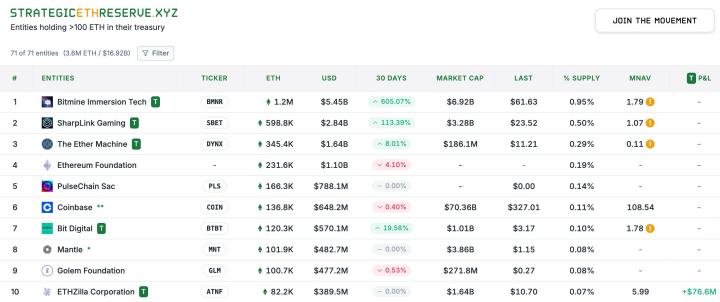Zero-Knowledge Proof (ZKP) technology, as one of the key innovations in blockchain, provides a solid foundation for privacy computing and data credibility. Under the premise of not exposing original data, the verifier can be confident that a certain statement is true, a feature that has been widely applied in anonymous payments, Rollup scaling solutions, distributed storage, and cross-chain communication. However, in current application practices, the widespread adoption of ZKP has always been constrained by a core challenge: verification scalability bottleneck.
Current mainstream blockchain platforms face high costs, low throughput, and long delays when processing zero-knowledge proof verification. Executing complex cryptographic computations on-chain consumes resources and increases system load. For example, as of the first quarter of 2025, the ETH mainnet has accumulated approximately $61.4 million in Gas fees spent on ZKP verification (based on data from Nebra and OurNetwork's Dune dashboard). In practical applications, scenarios such as AI data verification and privacy payments increasingly demand high-frequency, low-latency verification, and traditional architectures can no longer support these needs.
Soundness as the proposer of next-generation verification infrastructure, attempts to reshape the ZKP verification path architecturally. The project decouples off-chain parallel verification from on-chain final confirmation, constructing a cross-chain verification layer architecture composed of three core modules: the Sui high-performance blockchain, the Walrus decentralized storage network, and the SP1 zero-knowledge virtual machine. According to the project's test data, Soundness technology potentially reduces zero-knowledge proof verification latency from minutes to seconds, while lowering verification costs, theoretically supporting thousands of proof verifications per second.
Unlike Ethereum scaling-oriented projects such as zkSync and Polygon zkEVM, Soundness adopts a generalized verification layer positioning, emphasizing decentralized security, cross-chain compatibility, and developer-friendliness. This report analyzes its system architecture, performance bottleneck response strategies, ecosystem collaborative mechanisms, and differentiated competitive paths, aiming to answer a key question:
Under the multiple pressures of continuously rising verification costs, increasingly complex cross-chain communication, and stricter privacy regulations, does Soundness have the possibility of becoming the "zero-knowledge verification infrastructure standard"?
Author: Clare Yang, Web3Caff Research Researcher
Cover: Logo by Soundness, Photo by Dima Solomin on Unsplash, Typography by Web3Caff Research
Word Count: Over 11,000 words







